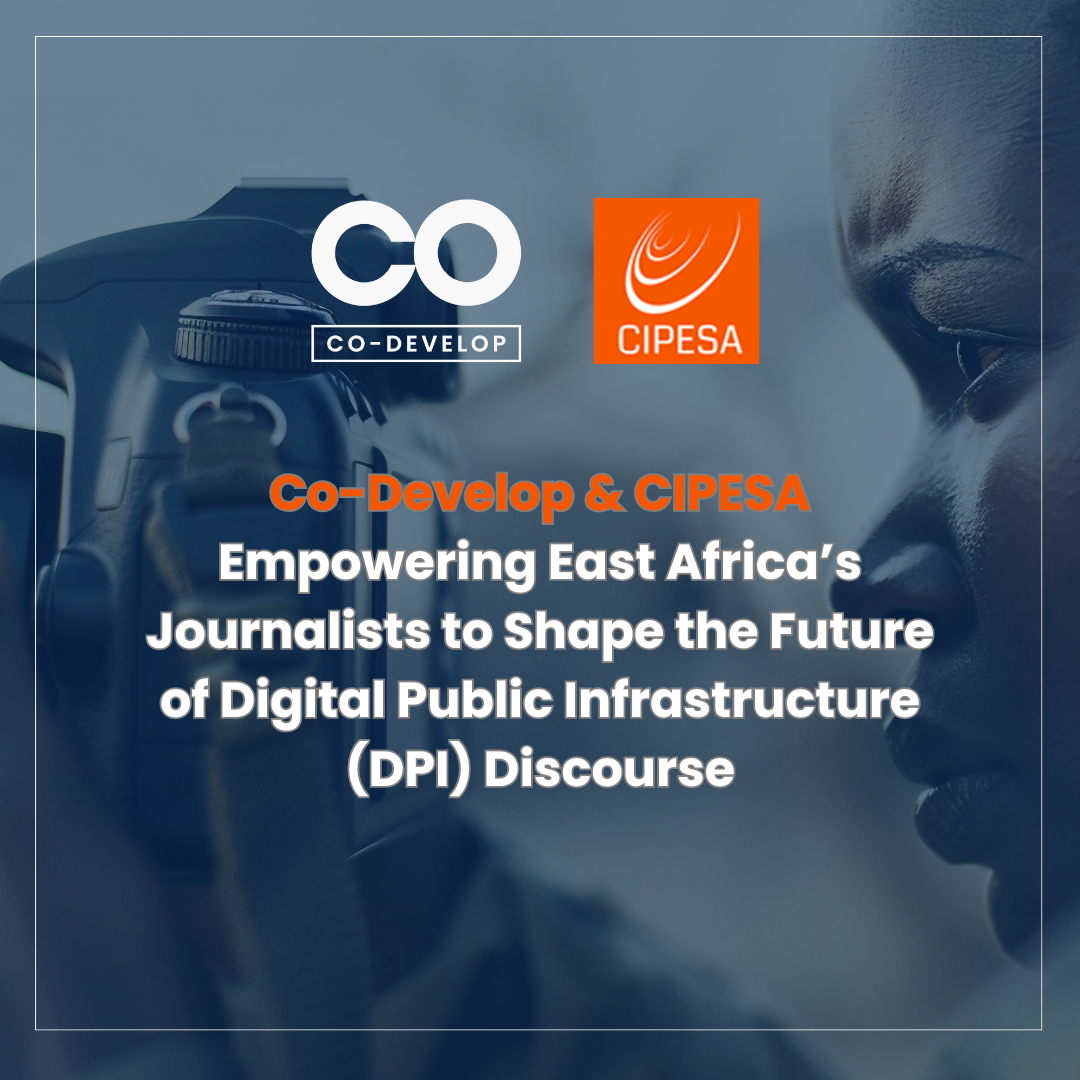Stories of Impact | Zambia
Identity for Health: How Digital Public Infrastructure is Transforming Lives in Rural Zambia
By Lissa Ngenda Mwenda, Vimbainashe Tsododo (IHM) & Garikai Nhongo (Co-Develop)
Isaac Makonko has witnessed 90 years of evolving challenges in rural Zambia. A lifetime spent in Kafulafuta, a small village of just over 5,000 people, has given Isaac a front-row seat to the complexities of accessing healthcare in under-resourced communities. While health services are available, their physical distance often makes them difficult to reach. Accessing historical health records for accurate and timely treatment has posed significant challenges. Over the years, Isaac has seen how the lack of proper patient identification and streamlined healthcare processes has further complicated matters, delaying care for many of his neighbors and leading to avoidable complications—and, in some cases, even death.
Patient records were stored in notebooks, which often sufficed only for the initial visit. Afterward, locating these records became a literal nightmare. Poor paper-based record keeping led to the irretrievable loss of health records. As a result, residents were unable to access the historical information essential for informed decision-making and continuity of care. Even the simplest treatments became a challenge. Isaac often walked miles to the nearest health center, only to be told his medical records were lost or that the hospital staff had no way of knowing his medical history or prior treatments.
At 90, Isaac has lived through it all—the long waits, the frustrations, the confusion, and the constant need to buy new notebooks and restart his medical records from scratch. But then something changed. The Government of Zambia, in partnership with IHM Southern Africa’s technology division TuSo Business Dynamics, launched SmartCare Pro—an advanced, centralized Electronic Health Record (EHR) system designed to support and enhance healthcare delivery in resource-constrained environments leveraging Digital Public Infrastructure (DPI). SmartCare Pro uses Zambia’s National Digital ID service to create and store unique individual patient health records enabling people to access healthcare services anywhere in Zambia.
DPI is the backbone of digital transformation in sectors like healthcare, education, and finance. With SmartCare Pro, Zambia is using DPI to bridge the gap between people like Isaac and essential services. Through digital identification, residents now access healthcare services without the need for physical IDs or cumbersome paper records.
One day, Isaac walked into the local health center, his cane tapping against the dirt road. A nurse explained that, thanks to SmartCare Pro, his fingerprints would now serve as his digital identity, granting him access to his health records at any public hospital in the country. No more waiting, no more lost records, no more confusion. His biometric information would be securely stored, allowing him to access treatment wherever he was.
No longer did Isaac have to worry about being forgotten or lost in the system. His health records were now at his fingertips—literally. The DPI-enabled SmartCare Pro system enabled him to receive life-saving care in real-time, no matter where he went across the country.
Isaac’s story is a testament to the transformative power of Digital Public Infrastructure. At its core, DPI creates an environment with systems that work for everyone, providing universal access to digital services that empower citizens regardless of location or socioeconomic status. Through initiatives like SmartCare Pro, Zambia is building a healthcare infrastructure that connects rural areas to national resources, offering real-time solutions to long-standing challenges.
“I used to fear the hospital,” Isaac says with a chuckle. “I was scared they wouldn’t know me or what I needed. Now, when I go to the clinic, I feel like I matter.”
For Isaac, the benefits of SmartCare Pro extend beyond convenience. With digital identification, he no longer fears missing vital prescriptions or facing delays in medical emergencies. His treatment is personalized, and—most importantly—timely.
Since the introduction of SmartCare Pro in his village, healthcare for citizens like Isaac has significantly improved. “Before, I was just a name on a piece of paper. Now, I’m Isaac Makonko—a person who can get the help he needs.” For the first time in decades, Isaac feels like more than a survivor of Zambia’s healthcare struggles—he is a beneficiary of meaningful change. And he isn’t alone.
Isaac's story is a great example of how Digital Public Infrastructure can form the foundation for inclusive, equitable, and efficient public services. When implemented effectively, DPI unlocks new possibilities for millions, offering benefits like identity verification, seamless service delivery, and personalized healthcare. “We may be far from the city,” Isaac says, gazing out over his village. “But with this system, we are no longer forgotten.”
Isaac’s life—and the lives of his fellow villagers—has been transformed by the simple yet powerful tool. And this is just the beginning. Through the strategic use of Digital Public Infrastructure, Zambia is paving the way for a future where no one is left behind, regardless of their location or economic status.
It’s proof that when governments and organizations invest in technology for the public good, they create a ripple effect—transforming lives, empowering communities, and bringing hope to those who need it most.







